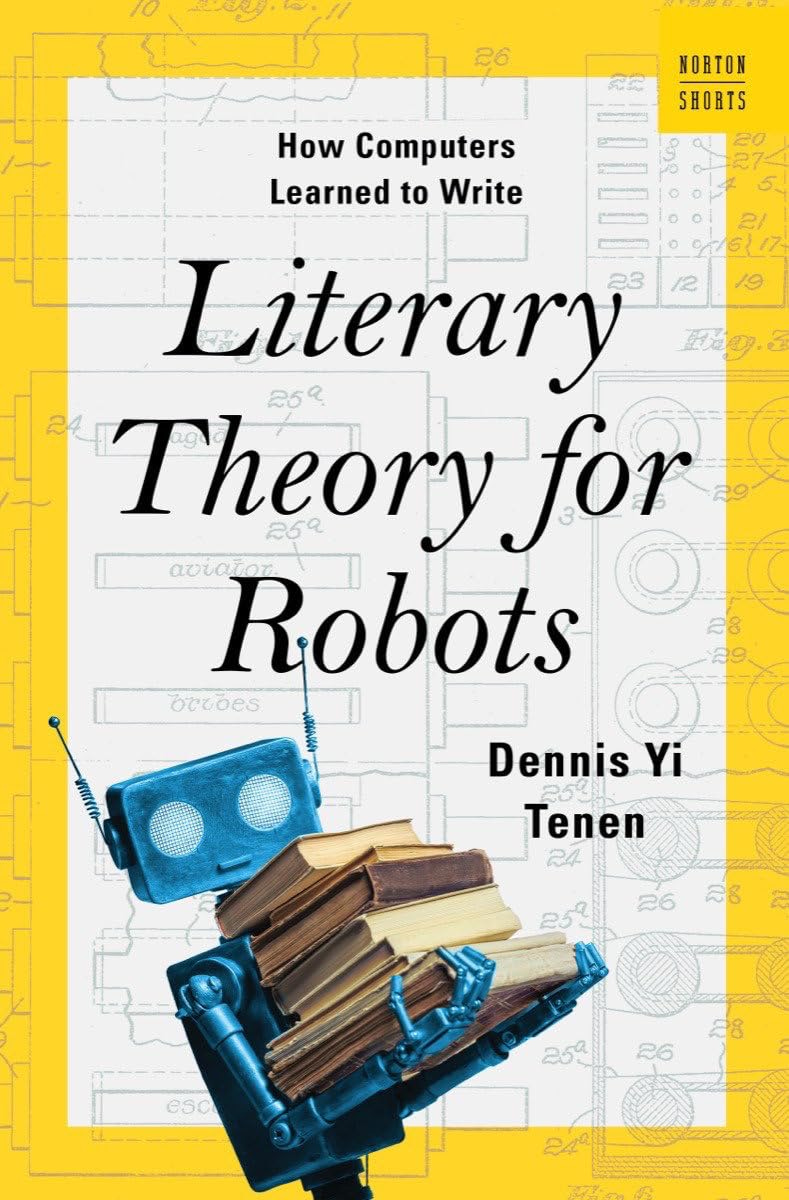Welcome to the Urgent Futures podcast, the show that finds signal in the noise. Each week, I sit down with leading thinkers whose research, concepts, and questions clarify the chaos, from culture to the cosmos.
The best way to support the show, you ask? Pop over to YouTube and hit that Subscribe button. You hear it all the time for a reason—nothing will help the channel grow more than that simple click.
🎧 For audio-only, subscribe to Apple Podcasts & Spotify so you never miss an episode!
My guest today is Dennis Yi Tenen.
Dennis Yi Tenen is an associate professor of English at Columbia University, where he also co-directs the Center for Comparative Media. His research happens at the intersection of people, text, and technology. A long-time affiliate of Columbia’s Data Science Institute, formerly a Microsoft engineer in the Windows group and fellow at the Berkman Center for Internet and Society, his code runs on millions of personal computers worldwide.
Tenen received his doctorate in Comparative Literature at Harvard University under the advisement of Elaine Scarry and William Todd. The founder of Columbia’s Literary Modeling and Visualization Lab, he co-edits the On Method book series at Columbia University Press. His published work can be found in monographs including Plain Text: The Poetics of Computation (Stanford University Press, 2017), Literary Theory for Robots (W.W. Norton, 2024) and Author Function under contract with Chicago UP. His recent articles appear on the pages of Modern Philology, New Literary History, Amodern, boundary2, Computational Culture, and Modernism/modernity on topics that span literary theory, the sociology of literature, media history, and computational narratology.
I first directly encountered Dennis’s work through Plain Text: The Poetics of Computation, though of course I indirectly encountered his work through my first brush with cell phones as a teenager. AI, as both a concept and industry, continues to be a center for white hot debate, which leads to extremes of hype and doomerism. What I find so refreshing about Dennis’s overall approach, spelled out in plain English in Literary Theory for Robots, is that technology is not some unknowable force—it’s the physical manifestation of human coordination. And it’s deeply embedded with the history of language (which itself is a type of technology). As someone working directly at the intersection of data and the humanities, he’s uniquely qualified to examine this hybrid history and present, and his perspective has influenced my own considerably.
Get your copy of Literary Theory for Robots here!
CREDITS: This podcast is edited and produced by Adam Labrie and me, Jesse Damiani. Adam Labrie also directed, shot, and edited the video version of the podcast, which is available on YouTube. The podcast is presented by Reality Studies. If you appreciate the work I’m doing, please subscribe and share it with someone you think would enjoy it.
Find more episodes of Urgent Futures at: youtube.com/@UrgentFutures. Past conversations include Taylor Lorenz, Asad J. Malik, Lia Halloran & Kip Thorne, Cherie Hu, Eric Czuleger, Idris Brewster, and more.














